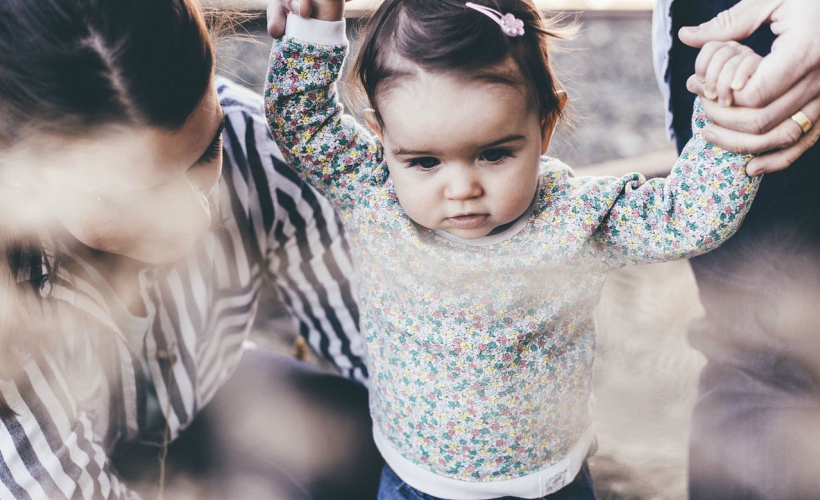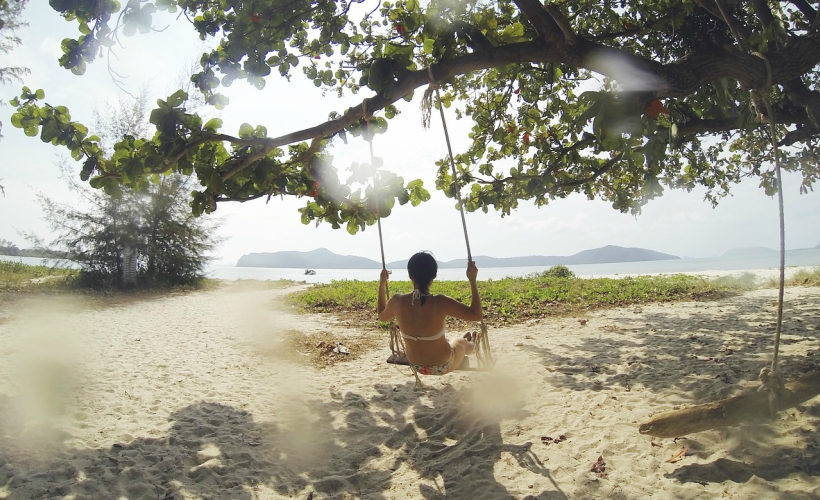Dr. Catheryn Khoo-Lattimore is a tourism and hospitality academic. Instead of beginning her ZafigoX talk with a mundane introduction, Dr. Catheryn started it with a confession; “I’m a women’s travel researcher, and with my work, I aim to help women travel better, so that women may have better travel experiences. But I fear that all the work I have done so far is only helping marketers better target women on holidays, and not necessarily to help women experience better holidays. Today, I aim to change this by providing you with some insights on how we can emotionally maximise our travels.”
Below are a few highlights from her enlightening ZafigoX talk;
The geography of women’s fear
Dr. Catheryn introduced the term the geography of women’s fear; “This refers to spaces and places where women are advised not to go; only women. You’re familiar with some of these terms: dodgy neighbourhoods, suspicious streets, back alleys, nightclubs, even night time. As women, we have this mental map of unsafe places which we shouldn’t venture to.”
She lamented that online travel tips for women are constantly informing women that it is not safe to travel. “Here we have a problem, on one hand we have images of fun and relaxation, but on the other hand we have messages saying it is not safe and scary. It is quite terrifying and torturous.” On the other hand, Dr. Catheryn points out that similar online searches for men leads to tips on packing and dressing; “These differences really emphasise that tourism is gender biased, but also implicitly and indirectly disempowering women travel.”
Dr. Catheryn feels that the method of dealing with this fear-mongering is to resist vulnerable identities, and by not over-emphasising these vulnerabilities. “For example, you can tell me not to go to Pakistan because it is politically unstable, which applies for men as well. But don’t tell me not to go to Pakistan just because I’m a woman; instead, give me strategies.”
A carer’s guilt
To drive home her next point, Dr. Catheryn cites research indicating that the experiences women who care for children have while traveling are simultaneously laborious and recreational. She goes into detail; “The divide between work and leisure is very blurred. Mothers more so than father have been reported to struggle trying to balance time with the family and time for themselves. Mothers with young children and babies have been reported to experience exhaustion from trip preparations, they have been reported to experience anxiety from the anticipation of flying, and they have been reported to experience guilt from their children misbehaving in public tourism spaces.”
She explains that social expectations to be good daughters, mothers, wives, daughter-in-laws and grandmothers is problematic because it brings the idea that women have to ensure everyone is enjoying themselves, often forsaking their needs in the process; “Then we come home, kidding ourselves that we have had a holiday. These social expectations bring with them a psychological risk, which eventually leads to guilt. We then feel guilty for even thinking about having time for ourselves and no one else. I struggled with this guilt for decades, but when I understood the role and impact of gendered expectations of women’s travel and wellbeing, I began to take baby steps to overthrow this guilt.”
Dr. Catheryn recalled how she turned the tide by negotiation for small pockets of time away from her family, which she used to pamper herself and enjoy peace of mind. Over time, these small pockets became days, and then weeks, and finally months. Dr. Catheryn fondly spoke of her month-long solo trip to Spain, which she used to sign up for a Spanish language course, her lifelong dream. She firmly believes that she came back from the trip a better wife, a better mother, and a better daughter.
Women produce tourism
Dr. Catheryn lamented how tourism has been reserved for men, confidently stating that women produce tourism, and are not its consumers. Elaborating on her point, Dr. Catheryn stated; “When tourism is only marketed and promoted to men, very naturally, all tourism communication are highly sexualised. Women are highly sexualised and projected as producers of tourism, not the consumers. We are the hostess, we are the entertainers, we are the waitress, we are the producers. What this means for us women is that we are not expected to do things that are clever or exciting, we are not expected to shred waves, to climb mountains.”
A large amount of her research is on girlfriend getaways. After speaking with thousands of women across the world, Dr. Catheryn concluded that; “Almost all the women we talked to have said that they want activities that are empowering, they want activities that better themselves. Yet, tourism providers offer us no such thing. All the packages we have researched on girlfriend getaways offer us images in which we do nothing.”
Before drawing the curtain, Dr. Catheryn had a word of advice; “We have to deliberately seek out activities that will empower us, activities that are perhaps out of our comfort zone. Research shows that when you do these things and overcome them, the risk and discomfort, you experience emancipation, you experience freedom, and that makes a trip worthwhile. Those things are very important, but not said enough in tourism material.”




![6 Years, 67 Countries, 62,000 KMs, 5 Continents, 1 Girl – What I’ve Learned Cycling The World [VIDEO]](https://zafigo.com/wp-content/uploads/2017/09/Jin.jpg)
![Stepping Up & Moving Out – What It Takes To Make A Difference [VIDEO]](https://zafigo.com/wp-content/uploads/2017/09/Deborah.jpg)
![How I Built A Business In Travel [VIDEO]](https://zafigo.com/wp-content/uploads/2017/09/IMG_6706.jpg)